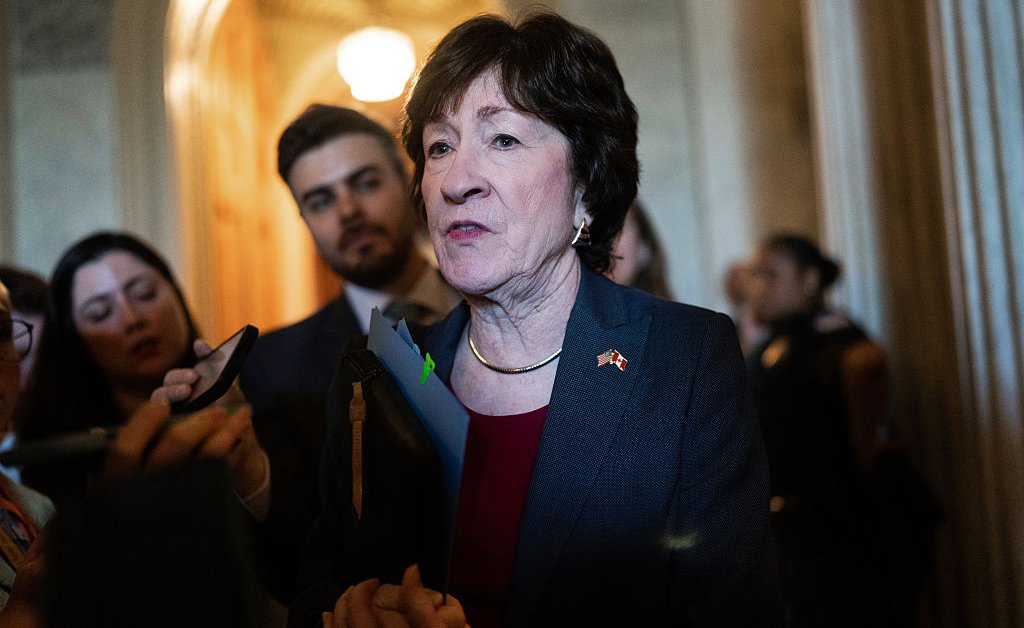The cost of prescription drugs in the U.S. has long outpaced that of peer nations, a dynamic driven by a combination of regulatory gaps, market forces, and lobbying pressure. Now, President Donald Trump is once again trying to tackle the issue—this time through an Executive Order that aims to pressure pharmaceutical companies to voluntarily lower their prices.
On Monday, President Donald Trump signed the Executive Order, directing the U.S. Department of Health and Services, led by Robert F. Kennedy Jr., to negotiate with pharmaceutical companies to reduce drug prices within 30 days. If “significant progress” is not made, the order leaves the door open for the government to take regulatory actions against drugmakers or import low-cost drugs from abroad.
At a press conference before he signed the order, Trump called it “one of the most consequential Executive Orders in our country’s history.”
“For the first time in many years, we’ll slash the cost of prescription drugs, and we will bring fairness to America,” Trump said. “Drug prices will come down by much more.”
Trump repeatedly emphasized that Americans pay far more for prescription drugs than people in peer nations. Brand-name drugs in the U.S. cost, on average, nearly three times those in peer nations. Much of drugmakers’ global profits come from the U.S. market. Trump, however, placed the blame not on drug companies, but on other countries, arguing that foreign nations benefit from artificially low prices at Americans’ expense.
Toward the end of his first Administration, Trump signed a similar Executive Order aimed at lowering the prices of some drugs administered in doctor’s offices; that move was blocked by a court order.
Lobbying groups representing drugmakers have criticized the latest Executive Order, while experts say its impact will hinge on implementation details—many of which remain uncertain.
Here’s what to know about the order and its potential impact on drug prices in the U.S.
Could the Executive Order actually lower drug prices?
Experts say it’s unclear how effective the Executive Order will be on lowering the cost of drugs in the U.S.
“It has the potential,” says Robin Feldman, a professor at the University of California Law San Francisco and an expert in drug markets. “The question is, how do they carry out the details?”
Lawton Robert Burns, professor at the Wharton School of the University of Pennsylvania’s Department of Health Care Management, says it’s possible that the order could put enough pressure on drug manufacturers to restrain the rate of increase in drug prices.
But he cautions that it’s unlikely that companies will lower their prices because they typically only decrease if a generic version of the drug is introduced. But many specialty drugs are “years away” from a generic option, Burns explains.
“Nobody knows how this is going to play out,” he says, but if the Executive Order could push drug companies to “hold down the rate of increases” in their drug prices, “that in itself would be huge.”
Trump said during the press conference that the goal of the Executive Order is to “equalize” drug prices. “We’re all going to pay the same,” he said. “We’re going to pay what Europe is going to pay.”
But Burns says it would be difficult to get drug prices in the U.S. to be on par with or lower than other countries.
How has the drug industry responded?
John F. Crowley, the president and CEO of Biotechnology Innovation Organization, an industry trade group, called the Executive Order “a deeply flawed proposal that would devastate our nation’s small- and mid-size biotech companies.”
“Importing socialized medicine will not make Americans healthier,” Crowley said in a press release. “It will only serve to empower China and our other adversaries and undermine our economic and national security,” he said, adding that the policy would undermine innovation and investment in U.S. biotech firms.
Industry trade group PhRMA President and CEO Stephen J. Ubl said in a separate statement that “the real reasons U.S. prices are higher” are because of “foreign countries not paying their fair share and middlemen driving up prices for U.S. patients.”
“Importing foreign prices from socialist countries would be a bad deal for American patients and workers,” Ubl said.
Which drugs might be affected?
According to Feldman and Burns, the Executive Order could impact public insurance coverage, such as Medicare and Medicaid. The order is unlikely to directly influence drugs under private insurance plans, but experts say a shift in public insurance pricing could have a ripple in the private insurance market over time.
Because the specifics of implementation remain unclear, it’s difficult to determine which specific drugs will be most impacted. However, Feldman notes that GLP-1 weight-loss drugs could be affected, since they are significantly more expensive in the U.S. compared to peer nations, like those in Europe.








